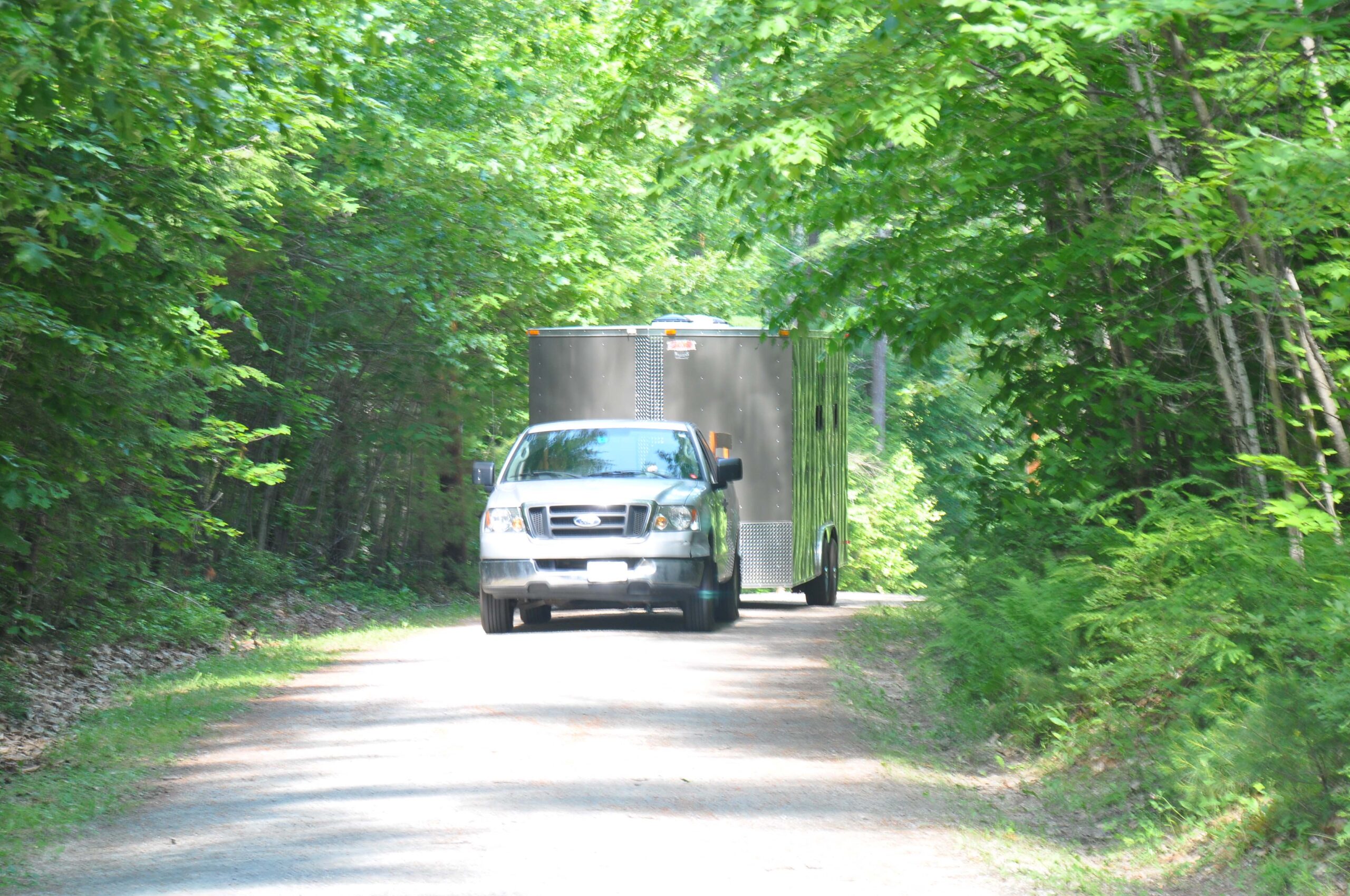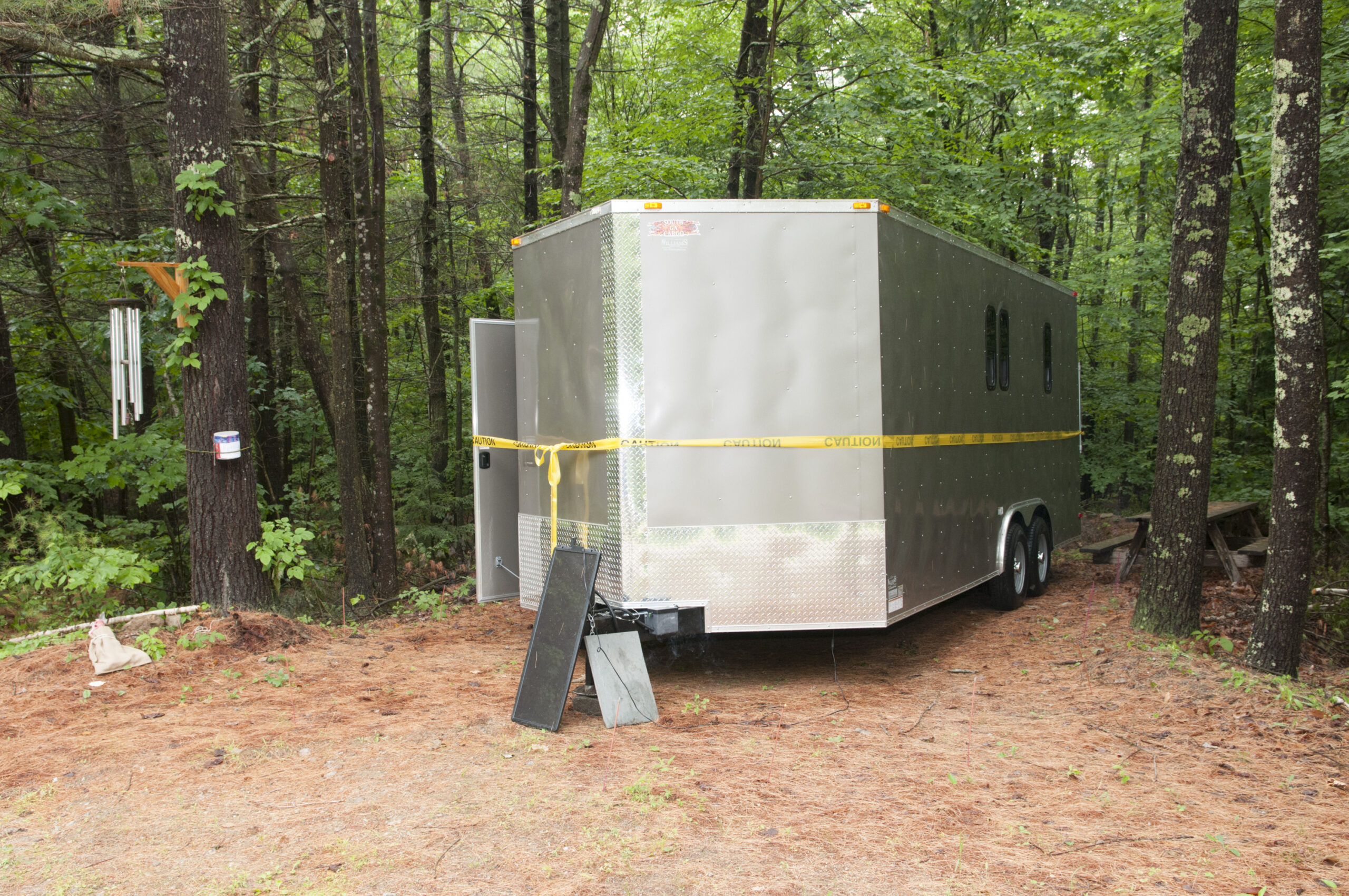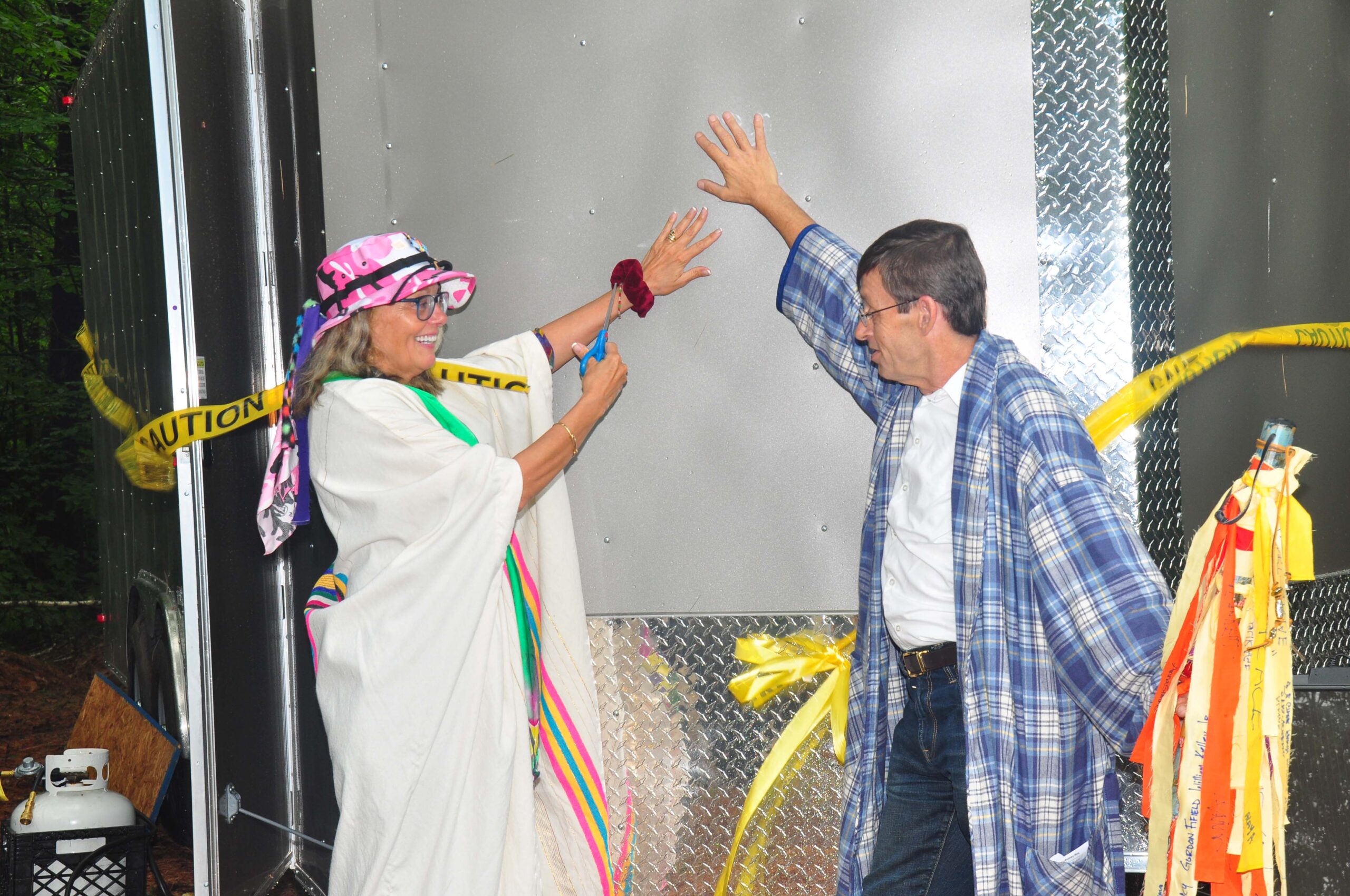
25 Jun “Tiny House” experiment for Homeless Veterans in New Hampshire.
A partnership of Liberty House in Manchester (Keith Howard-Executive Director), The (W)hole Point Institute in Raymond (Alaya Chadwick-Founder & Director),
Raymond Board of Selectman & Raymond Planning Board. (Craig Wheeler, Town Manager etc.)
Visionary Solutions being brought to life.
A cargo van was purchased by Liberty House. The cargo van was renovated by “previously” homeless veterans who now are temporarily housed at Liberty House. The converted cargo van will be lived in by The Executive Director of Liberty House, Keith Howard, for 9 months to determine the viability of this approach as a way to offer a “step up” to homeless veterans who are ready to step into their own lives again.
While this type of housing (small homes) is actively used in other parts of the country, it has never been done in NE due to the 100 degree temperature variations.
This pilot project was approved by the Raymond Board of Selectmen & the Raymond Planner, again a visionary and supportive community governmental response.
The Tiny House is now “sited” & located on the land called “Sanctuary”, the home of The (W)hole Point Institute, in Raymond NH.
On June 21, 2015 – Fathers’ Day. the “Tiny House” was blessed following a ribbon cutting ceremony. In witness was veteran Jack Barnes along with folks from Maine, Rhode Island and Maryland as well as Raymond Residents.
Both Liberty House & The (W)hole Point Institute are dedicated to responding to veterans’ needs through active weaving of community resources, creative innovations with local town government support. Raymond’s leaders also demonstrate such a commitment.THIS type of innovative response is happening in the “Tiny House” experiment.



